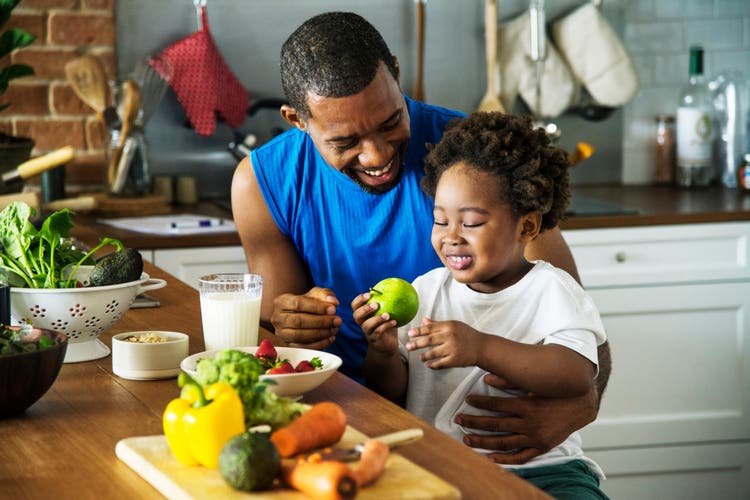News Flash: The Link Between Diet and Breast Cancer, and Other Health News

Every week, we’re bringing you a roundup of the latest health and wellness news to hit the wire. This week, we look at why a low-fat diet alone might not help breast cancer outcomes, and what two weeks of processed food does to your body.
Is the fat content of your diet a factor in preventing death from cancer?
You may have seen the headlines recently that low-fat diets were linked to a lower risk of dying from breast cancer.
That blockbuster news, taken from the long-term study by the Women’s Health Initiative, seemed to indicate that lowering fat intake alone was responsible for that reduction in mortality. Those findings seemed to conflict with dietitians’ current advice, which is to eat plenty of healthy fats from fish, avocado and olive oil.
NPR gave a little more context to these findings, which resulted from a sweeping study launched in 1993 at the height of the low-fat craze. (Remember SnackWell’s cookies?) As part of the study, 20,000 women were coached to change their diet for eight years, not only lowering their fat intake but also increasing their consumption of fruits, vegetables and grains. A comparison group of nearly 30,000 women didn’t change their diet.
The study followed up with these women over the course of 20 years, and among those diagnosed with breast cancer, the women who had changed their diet had a 21 percent lower risk of dying from the disease.
However, oncologists say we’ve learned a lot about diet since the study started, including the downsides of refined carbohydrates and sugar, and the perks of healthy fats. They say the study can’t determine whether it’s the lower fat or the boost in micronutrient and fiber-rich produce and grains responsible for the women’s greater longevity.
Moreover, the women’s healthier diets accounted for a 3 percent reduction in body weight, which also can help reduce risk.
Bottom line, researchers say, the study doesn’t prove that a lower-fat diet alone helps protect against death from breast cancer, but it does fit in with the collected evidence that fruits, vegetables and whole grains can be beneficial in the fight against cancer.
What we don’t know about processed foods is what hurts you
And speaking of diets—turns out it’s not just the sugar, fat and salt in ultra-processed foods that makes them so harmful.
A small but intensive study in the journal Cell Metabolism outlined in this Time article shows that ultra-processed foods—which make up as much as 60 percent of the American diet—take a bigger toll on our health than less processed foods with the same amount of sugar, fat and salt.
When people ate a highly processed diet of things such as canned ravioli, chicken nuggets, bagels and diet lemonade for just two weeks, they consumed far more calories and gained more weight and body fat than they did when they ate a less processed diet, even one with the same amount of sugar, fat and sodium.
We all know that ultra-processed foods aren’t healthy—other research has linked them to a higher risk of cancer and obesity. But what was surprising was that it wasn’t the sugar, salt and fat that was driving people to overeat.
Researchers aren’t sure what ingredients in these foods are to blame. But when people ate the highly processed diet, they ate 500 more calories per day and gained 2 pounds on average over the course of two weeks, while those eating the unprocessed diet lost about 2 pounds.
They ate faster, too, which may not have given their gut enough time to send the “I’m full” signal to their brain, researchers said.
Interestingly enough, while both groups reported feeling equally full and satisfied on their diets, the unprocessed diet actually led to an increase in an appetite-suppressing hormone called ghrelin, which may have caused participants to curb some of their eating.
Photo credit: Rawpixel, Getty Images